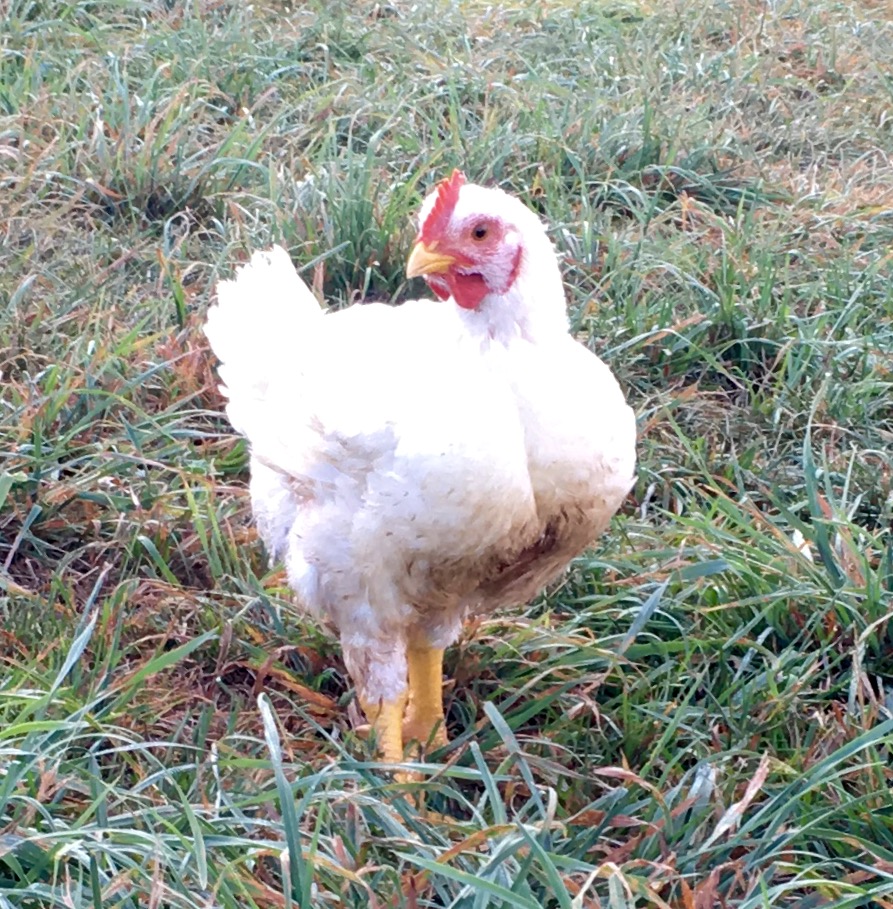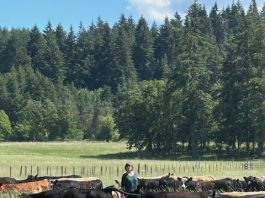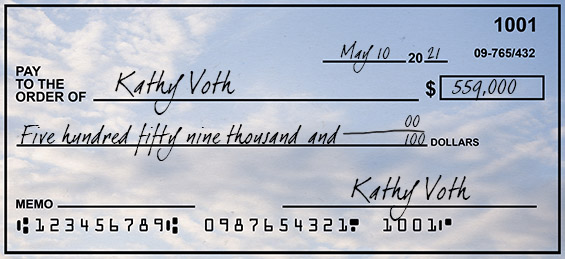Josh Slingerland became a farmer by accident. He was trying to drop his kids off at day care on the way to his welding job, but the day care was closed for good. The solution to their sudden child care problem? Start a poultry-based farm. Since then he’s planned everything out, and three years in, he’s bringing in the same salary he would have been making at welding, plus he’s home with the kids.
A Good Start

Josh, Victoria, and their kids live in the house they built on a fifty-acre farm that’s been in her family since the original lease-lines were drawn in New York. Her mother offered it to her and their siblings, but Josh and Victoria were the only ones interested. They built a coop soon after moving in, thinking they’d raise their own eggs, and got a dozen birds. Then they built a barn, thinking maybe they would raise horses for the kids to ride. Talking that over, horses didn’t sound like such a great idea. They would just be money going out the door. Josh and Victoria figured they would raise some of their own food, though, and added two cows to their 12 chickens. The 12 chickens turned into 20 to raise eggs for friends and family, and then came the Wednesday when Josh tried to drop off the kids.
The day the door to the day care was locked, Josh had to take the kids home. When he and Victoria talked it over, they figured he could try this farming thing and stay home with the kids. He took a leave of absence from work, and started cold calling local markets to see if any would carry pastured poultry. He found a store that would take broilers, and the dairy manager said they would take eggs too. All of a sudden, they were into commercial egg and bird production.
After talking to several stores, Josh started calling restaurants as well. Since he’s only 24 miles from Albany, he’s close to a pretty receptive market. Whenever he heard of a new store or restaurant, he’d give them a call and then go for a visit, offering a bird to try. If they liked it, he had a new customer. They pretty much always liked it.

After three years, Josh has a flock of 850-900 broilers he gets as day-old chicks, and 250-280 layers that he gets as pullets, adding more each year. He takes the chickens to slaughter and processing on Tuesday evenings. Wednesdays, he picks up birds, and then delivers them to restaurants and stores.
Turkeys started by accident three years ago too. A friend who bought some beef the first year said “hey, if you are doing my beef, anyway could you raise my Thanksgiving turkey?” Josh got information about raising turkeys from Stone Barns Center and American Pastured Poultry Producers Association, and built a brooder house for the turkeys in the same pasture as the broilers. The first year they had a flock of 9. The third year, they have 40. He sees this as a market that will grow too.
Josh makes the most of his acreage by stacking land uses, grazing beef and poultry over the same land, one after the other. He has three head of beef out on pasture, and, as of last year, some pigs. The beef run through 4-5 acres, followed by the birds. Investing in Smart Fence, a 4-strand portable fence, makes sense to him. Then he can easily move the fence himself, and it’s plenty hot to keep the cows in. He could probably add more beef, and they are relatively easy to manage, but poultry are much more profitable, so that is his focus, and they get the bulk of the land.

Josh is only farming 7-8 acres of the 53 they have. He’s looking at the whole farm, though, and considering bringing in goats to help open up another few acres. About 20 acres might be farmable, and over time, he’s looking at expanding to cover that land. Using a larger distribution network is something else he is considering, but farmers’ markets haven’t been successful for him, so he doesn’t spend his time at them.
Playing by the Numbers

One of the first things Josh would tell you is that profit is at the crux of all that he does. Becoming an accidental chicken farmer is serious business, and Josh is making it work by always keeping an eye on the numbers. He and his wife do all their own books, and meet each year with an accountant. When they got started with the farm, she showed them how to categorize all their costs for end-of-the-year accounting. He relies on an app called Xpense Tracker that records income, costs for slaughter, processing and delivery, and more. It even remembers distances and mileage, so that he can track those costs as well. At the end of the year it gives him a printable version of all his records.
Crunching the numbers, building facilities himself at about a third the cost to buy them, and putting himself out there to market his product, Josh has been, bit by bit, building himself a farm. Next week, we’ll go into another revenue stream he’s wading through: the rental chicken market!





My father was a farmer, as well, and trained as a welder post-WWII. All he wanted to do was farm, but Pennsylvania has always viewed farmers as the peasant class (never mind it takes more knowledge to farm than most other professions–quick on the brain or quickly dead, as we say). It seems every step is regulated, so much so, most farmers will not touch many of the things the state does offer and very often the children of farmers only want out of aggie.
Comments are closed.